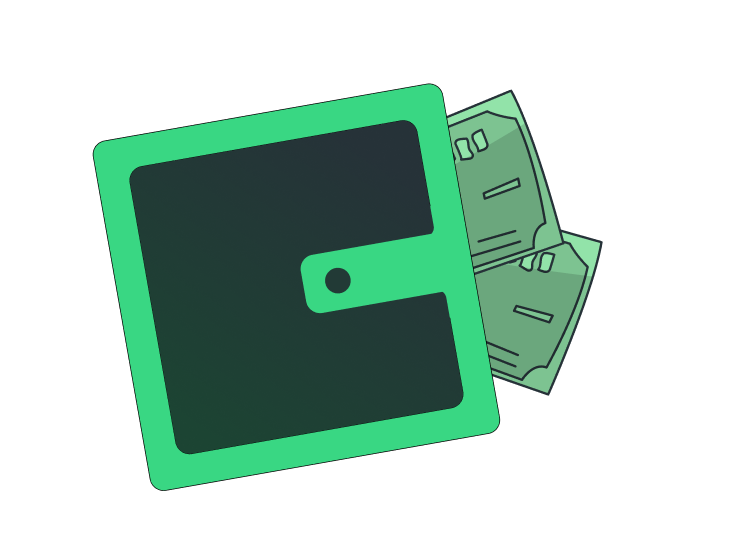Categories
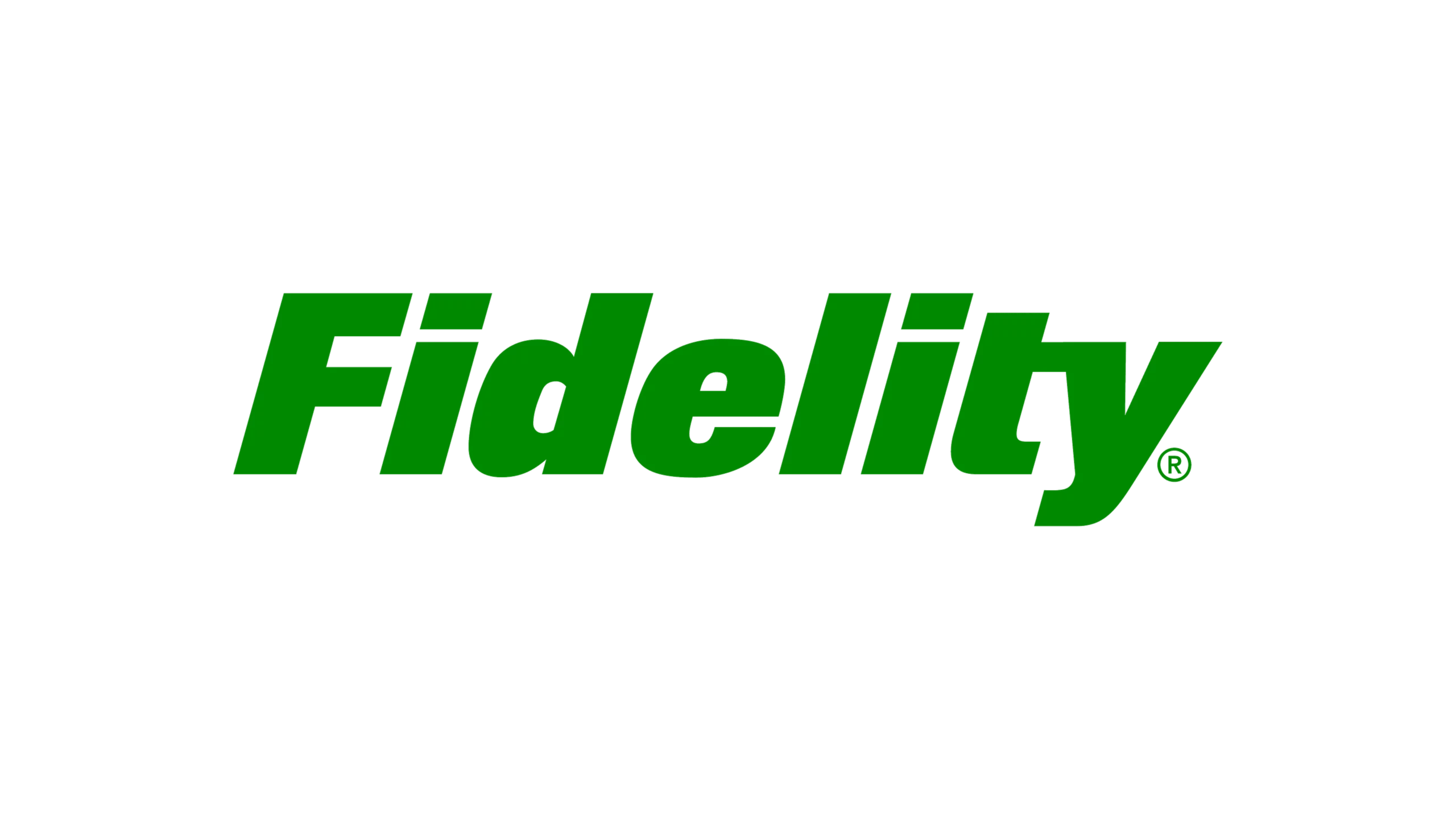
Fidelity Go
- For those preferring a more passive strategy with their investments, Fidelity Go is a commendable robo-advisor choice. Accounts under $25,000 come with no fees, and a modest 0.35 percent fee applies afterward. The portfolios utilize Fidelity funds without expense ratios, ensuring you sidestep the typical fund fees seen with many robo-advisors. Moreover, as a Fidelity client, you'll gain access to their premium educational tools and round-the-clock customer support.
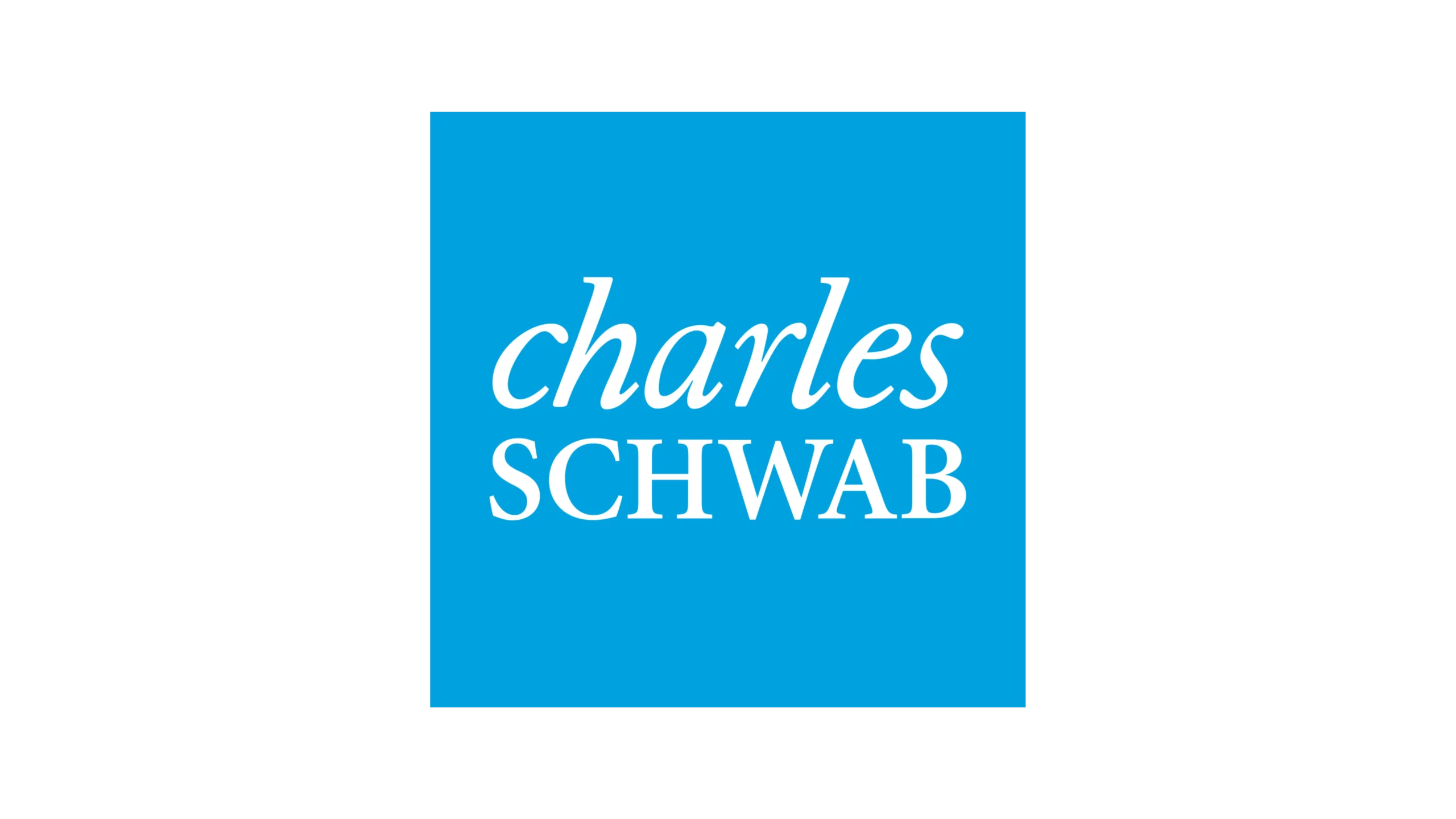
Charles Schwab
- Charles Schwab excels in its fundamental brokerage services, upholding a longstanding reputation for prioritizing investors.
- Whether you're interested in stocks, bonds, funds, or even CDs for your IRA, Schwab delivers efficiently. Notably, they offer a plethora of mutual funds devoid of transaction fees. Coupled with zero-commission trades and prompt customer support, Schwab consistently ranks among the industry's elite. Schwab's renowned StreetSmart Edge trading platform is at your disposal for those inclined towards active trading.
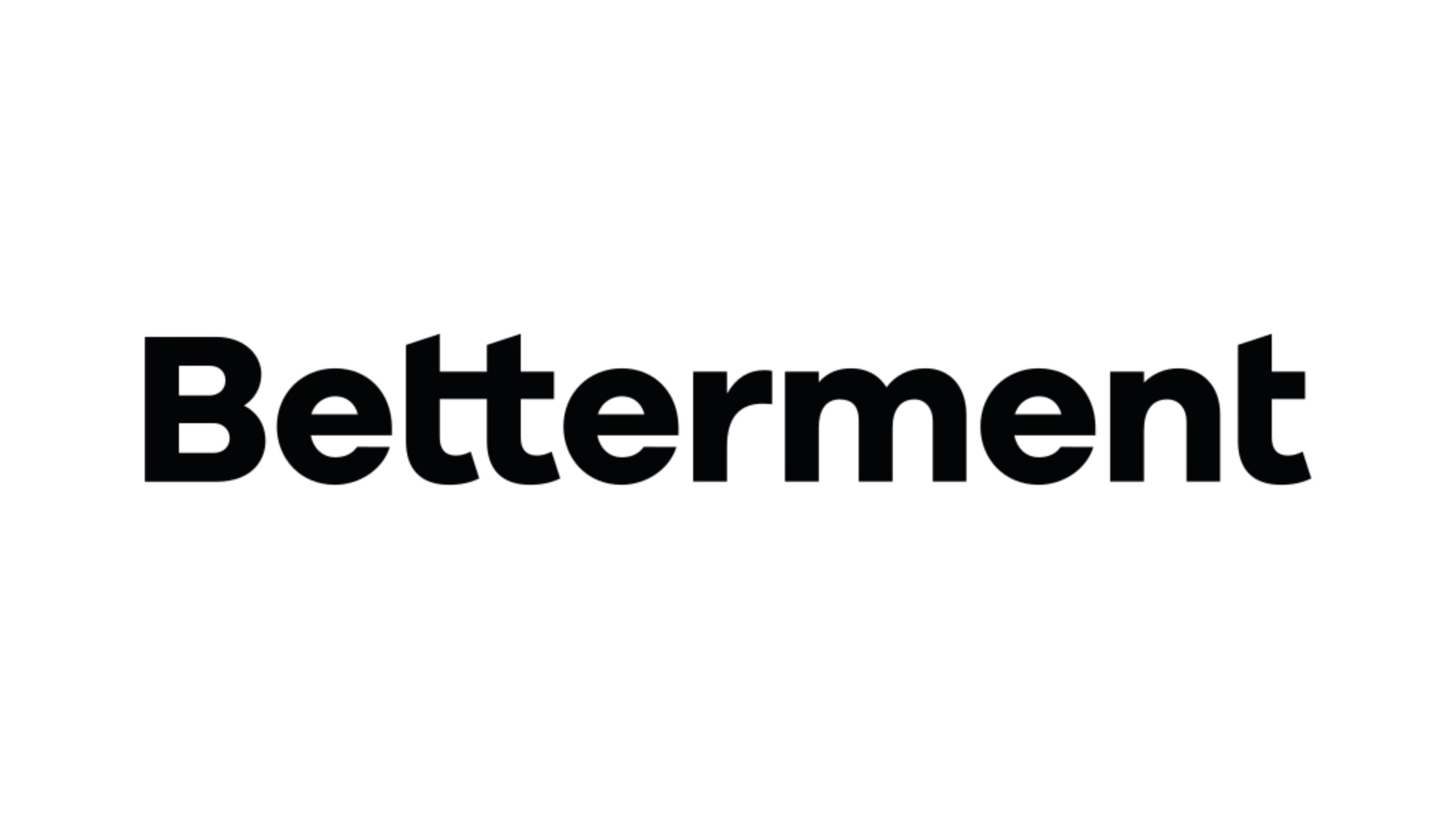
Betterment
- Betterment tailors solutions to realize your financial aspirations. Engage with a professionally crafted, automated investment strategy. In addition, please take advantage of a lucrative cash account boasting a 4.75% APY* (variable rate) and a safeguard of up to $2 million† via FDIC coverage at our partnered banks.
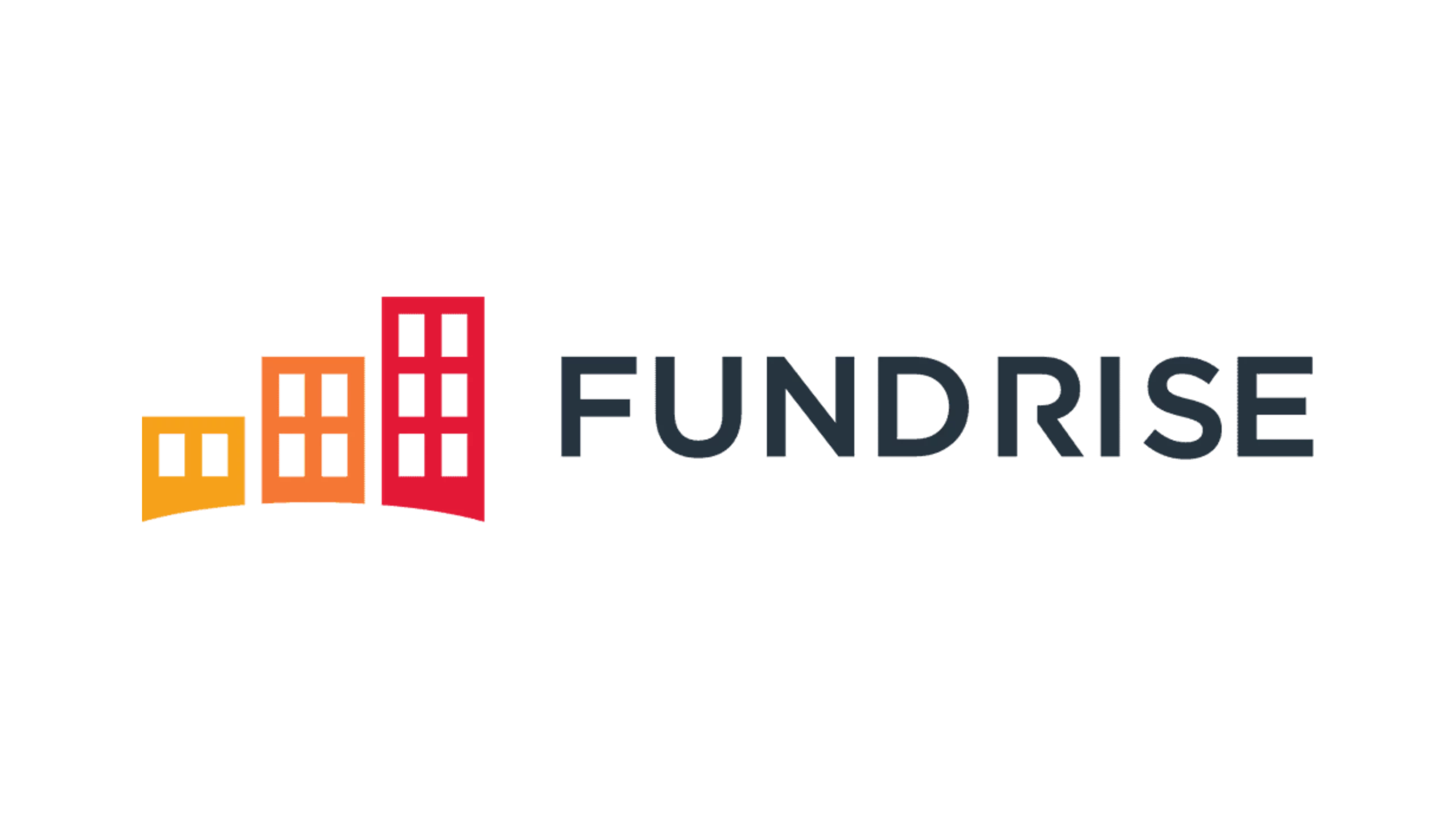
Fundrise
- For those eyeing unconventional avenues for their IRA, Fundrise is worth exploring. It empowers you to channel your IRA into real estate investments, an appealing venture since it often generates cash that could otherwise incur taxes. With Fundrise, your focus will be on REITs, esteemed entities offering investors a diversified real estate assortment while distributing dividends.
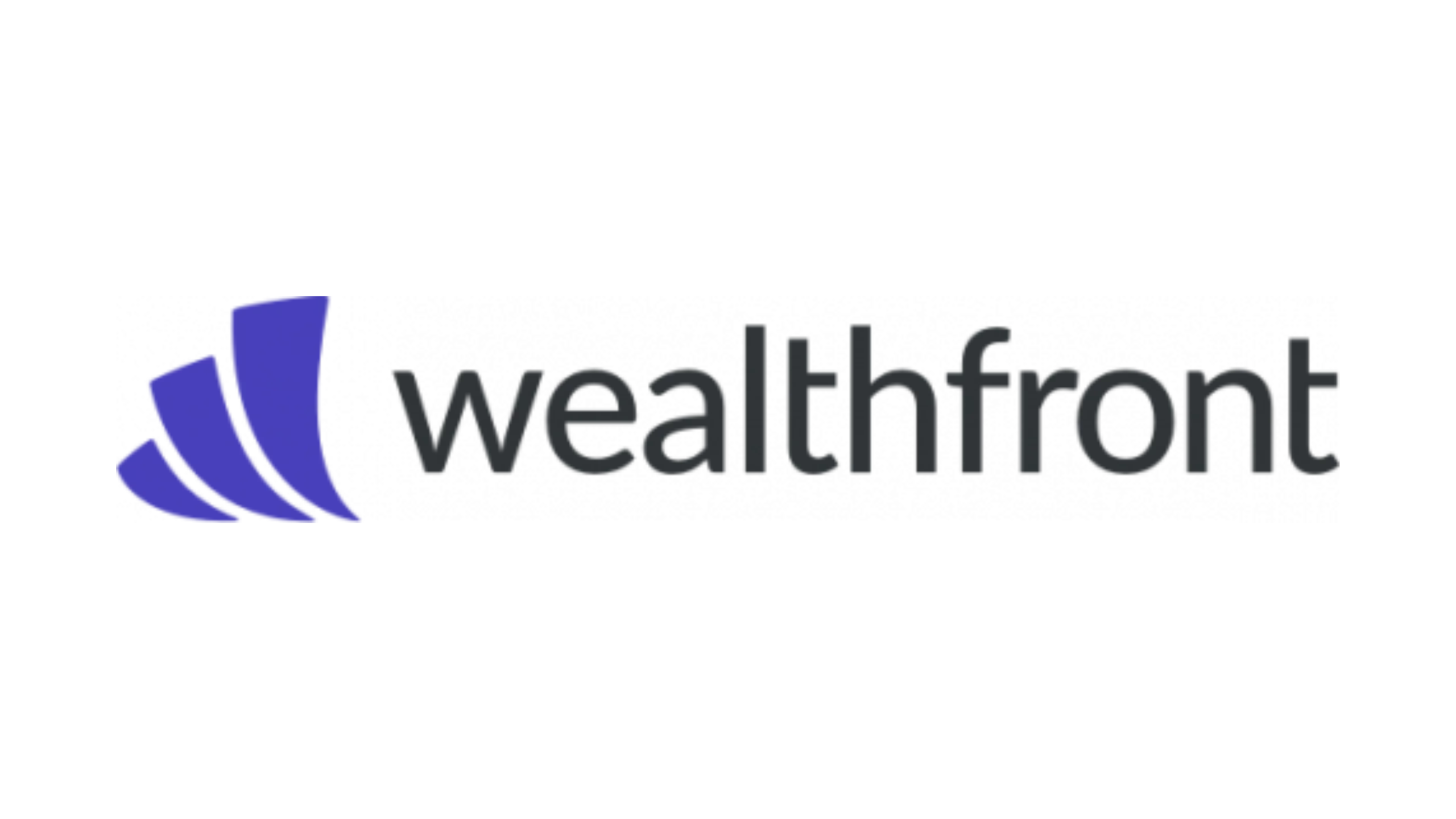
Wealthfront
- Wealthfront is a leading robo-advisor, tailoring your retirement portfolio based on your risk preferences and financial timelines. It ensures automatic portfolio rebalancing to maintain consistent allocation. Beyond your IRA management, it offers an advanced goal-oriented planner and a comprehensive cash management feature. The service fee is competitive at 0.25 percent annually, which translates to $25 for every $10,000 invested. Do note that, like most platforms, you'll incur costs for ETFs within your portfolio.
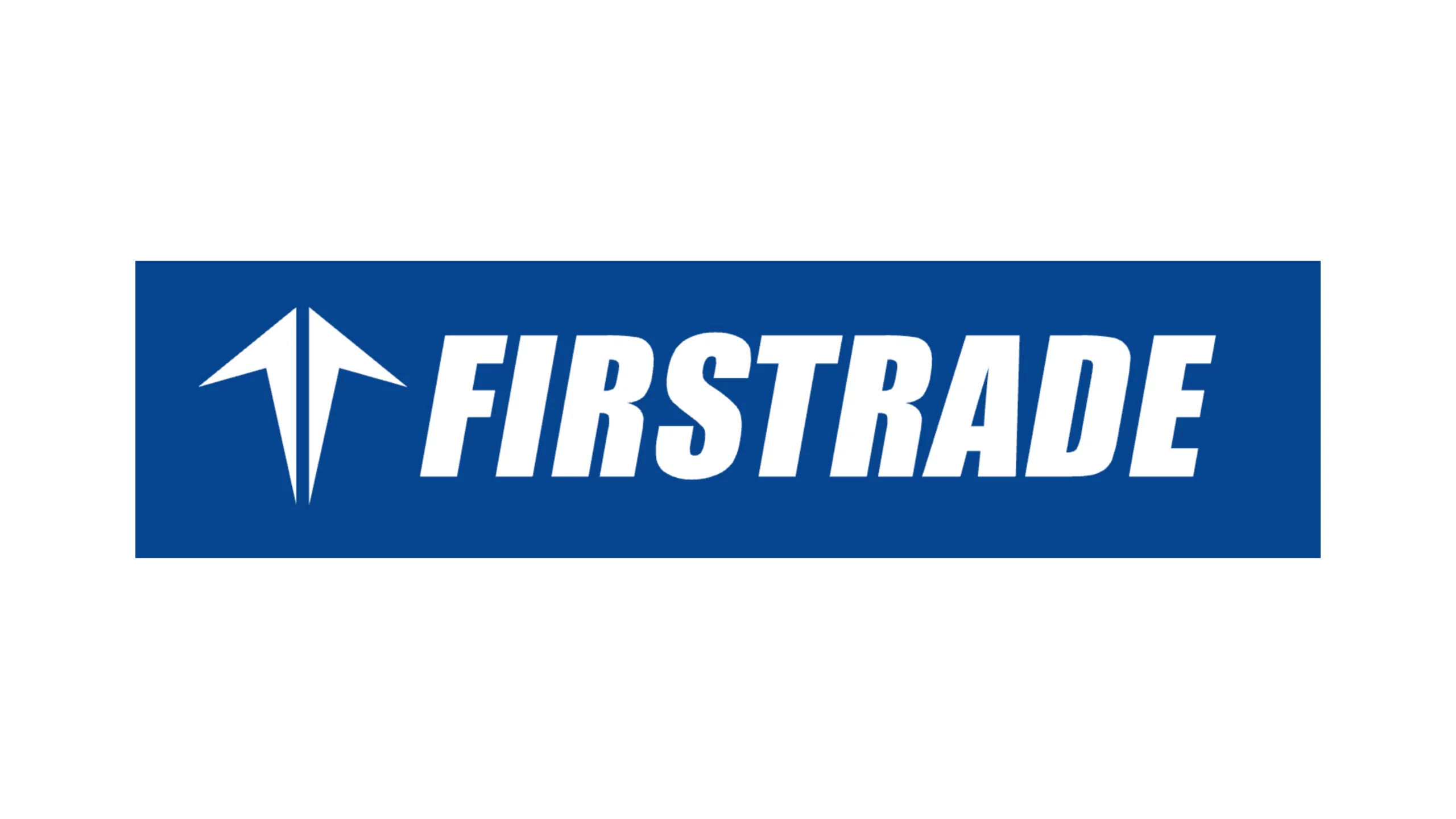
Firstrade
- First Trade attracts traders due to its zero-commission approach for stocks, ETFs, and options. However, it also caters significantly to retirement savers. With Firstrade, you can tap into hundreds of mutual funds without transaction fees and opt for a wide range of IRA accounts, including SEP and SIMPLE IRAs, which aren't universally available to all brokers. Additionally, they provide robust research tools, including complimentary access to Morningstar reports.

Interactive Brokers
- Interactive Brokers offers expansive access to global markets, making it an ideal choice for those seeking a broad-reaching platform. While it has a reputation for catering to dedicated active traders, you don't have to be one to establish an IRA with them. Choose their Pro platform, renowned for its exceptional execution, or select the Lite platform for commission-free trades. Whichever path you choose, rest assured you're partnering with one of the world's most trusted financial institutions.
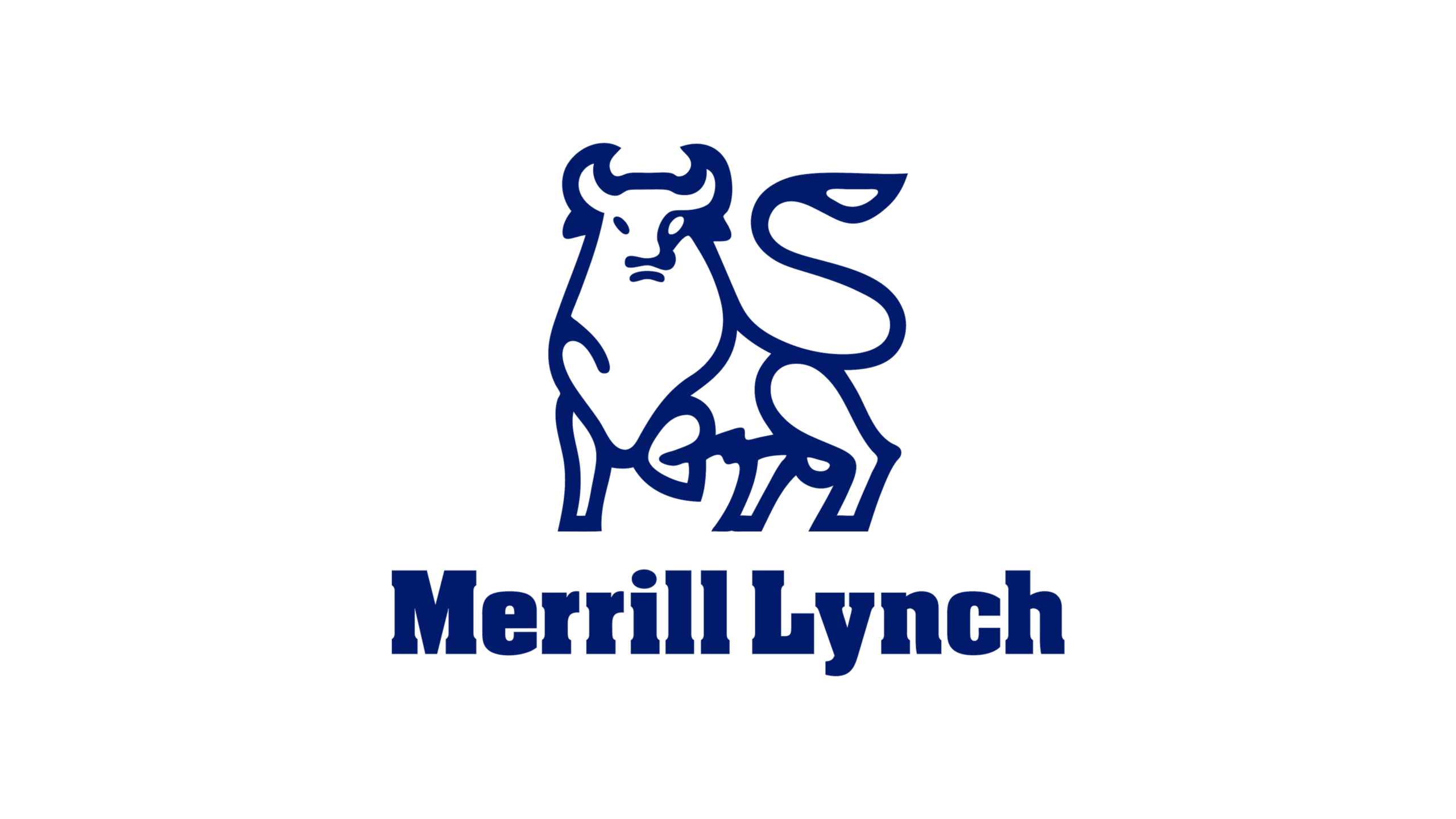
Merrill Edge
- Being a Merrill Edge client provides you with comprehensive stock research and stellar customer service. Merrill stands out if you value face-to-face support due to its affiliation with Bank of America, boasting a representative in over 2,000 branches—a genuine competitive advantage. Furthermore, consolidating financial dealings under one umbrella streamlines the process for existing Bank of America patrons.
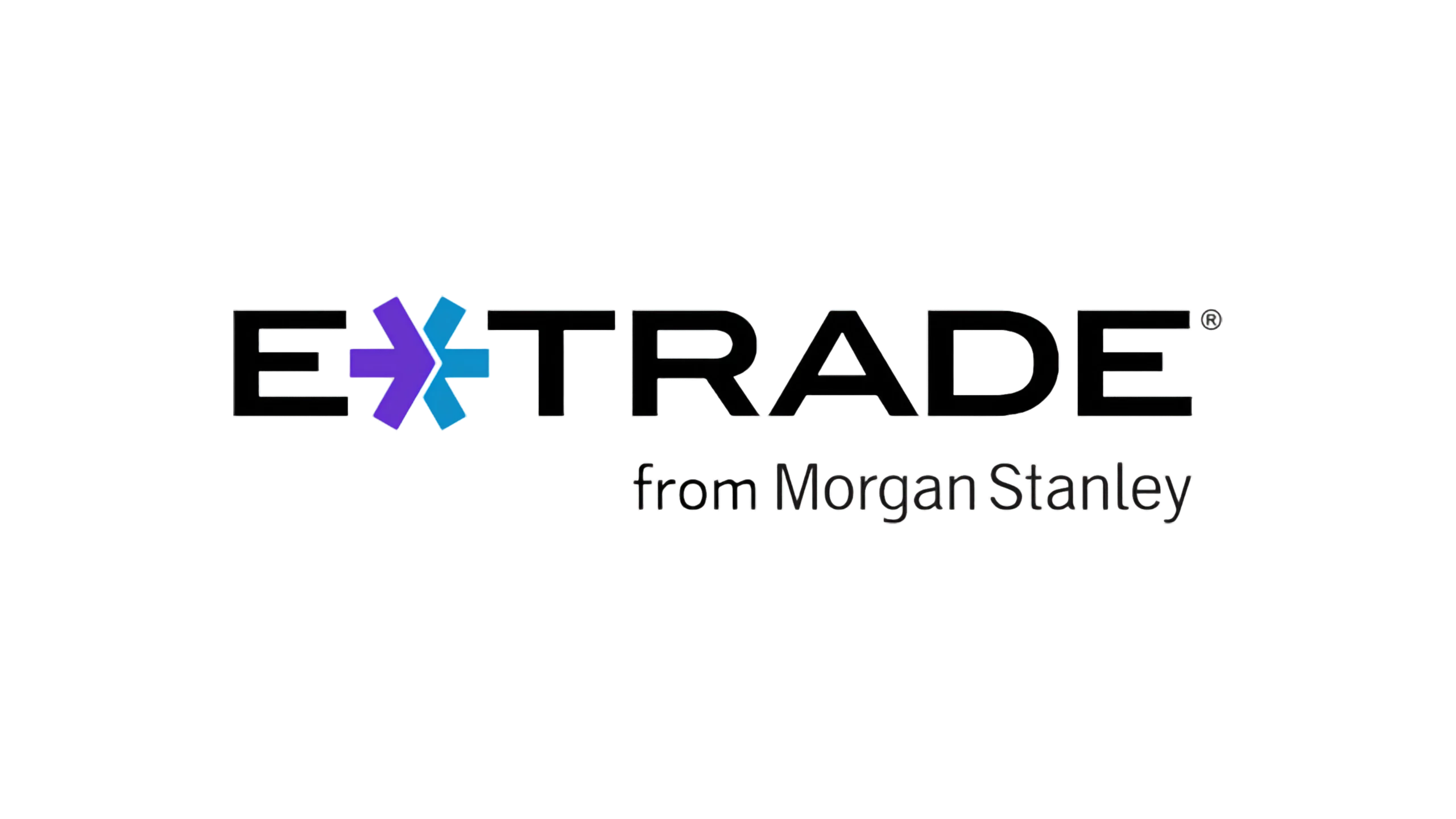
E-Trade
- Like other significant brokers, E-Trade offers commission-free trading of stocks and ETFs, but it’s also an excellent choice for mutual funds, offering more than 6,500 without a transaction fee. E-Trade is another do-it-all broker, great for the active trader (volume discounts on options, the Power E-Trade platform) and the passive investor thinking long-term (third-party research).
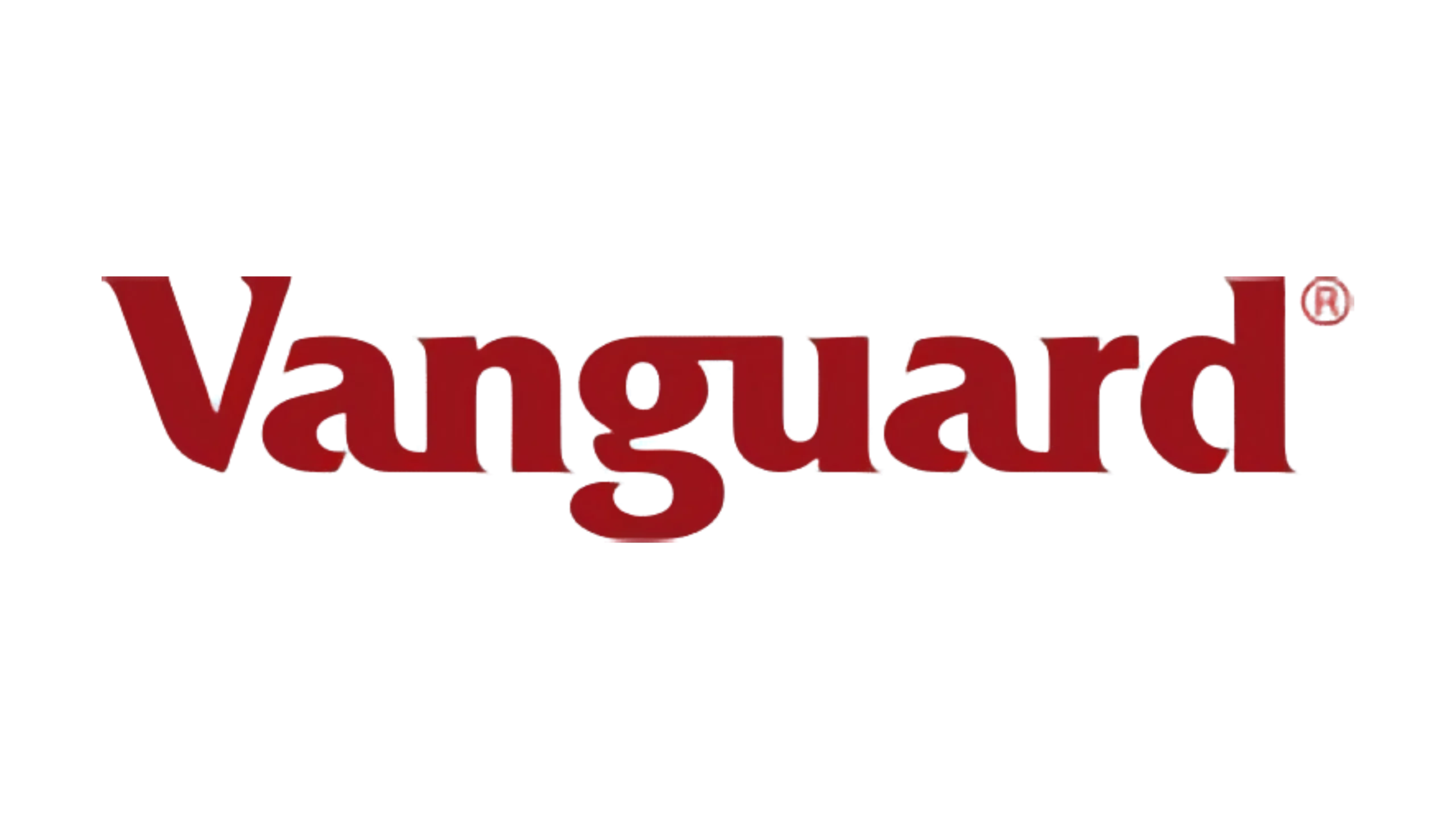
Vanguard
- Vanguard is renowned for its cost-effective mutual funds, and it's worth considering even if its funds are available elsewhere. It's particularly suited for passive investors. Like many leading brokers, Vanguard now provides zero-commission online trading for stocks and ETFs. Additionally, with over 3,000 mutual funds offered without transaction fees, those inclined towards funds will undoubtedly find options to suit their preferences.
FAQ
Whether you opt for a traditional brokerage or a robo-advisor, setting up an IRA account is straightforward. Many providers streamline the process, allowing you to establish your IRA in under 15 minutes by following their on-site instructions. After choosing a brokerage or robo-advisor, you'll be asked to input personal and financial information, such as your full name, address, Social Security number, employer, and other specifics. From there, link your bank to deposit funds into your IRA. It's genuinely a hassle-free process. The most challenging aspect is deciding on the right broker or robo-advisor for your needs. Thus, it's advisable to explore top-rated robo-advisors and brokerages before deciding.
Are you considering a change in your IRA provider? Transitioning your IRA is straightforward and can be done for almost any reason and at nearly any moment. Moving your IRA directly from one broker to the next is generally advised. Begin by setting up a new IRA account to transfer your existing funds. Then, communicate with your chosen provider about the transfer process. Many platforms offer the convenience of online transfers without assistance, but if you need guidance, customer service is available. As you initiate the move, be aware that if investments are in your old IRA, you might encounter fees when relocating them to the new account. Within a few days, the assets from your old version should be visible in the new one. A crucial point to remember is consistency in IRA types during transfers. Moving between a traditional IRA and a Roth IRA can have tax ramifications. Ideally, you should maintain the nature of the IRA - transferring assets from a conventional to another traditional IRA or from a Roth to another Roth IRA. Switching between these types can bring about significant tax liabilities. If you're contemplating a change in account types, it's essential to be well-informed about potential tax implications.
Traditional IRAs and Roth IRAs are both retirement accounts that offer tax advantages, but they come with distinct features tailored to different financial situations: With a traditional IRA, you contribute funds before they're taxed. Depending on your income, these contributions might be tax-deductible. While the funds grow tax-deferred within the account, withdrawals during retirement are taxed. Conversely, Roth IRAs are fueled by after-tax dollars. This account's growth is tax-free, as are the withdrawals during retirement. One advantage of Roth IRAs is the flexibility to withdraw your contributions (excluding earnings) without tax consequences. However, certain income restrictions apply to Roth IRAs. While financial professionals often champion Roth IRAs, the best fit depends on individual circumstances. A traditional IRA may be more advantageous for those in higher tax brackets or closer to retirement. This is because you could be in a lower tax bracket upon retirement, resulting in fewer taxes on withdrawals. But there's a catch: traditional IRA deductions phase out for higher earners. Younger individuals or those with lower incomes might find a Roth IRA more beneficial. The immediate tax deduction missed from a traditional IRA would be minimal for them. Additionally, if there's an anticipation of higher taxes, a Roth IRA's tax-free withdrawals become particularly appealing. Moreover, Roth IRAs offer a tax-free inheritance advantage for beneficiaries. In summary, while both account types have merits, one's financial situation will dictate the ideal choice.



